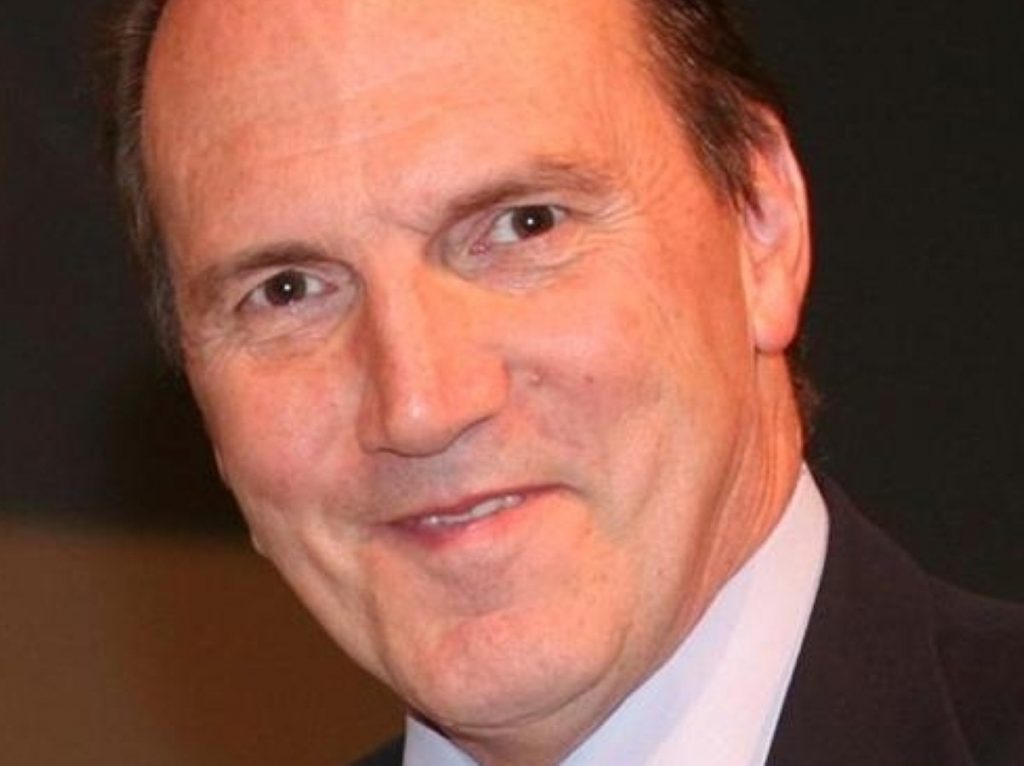Hughes announces Lib Dem candidacy
By Ian Dunt
Simon Hughes has announced his candidacy for the Lib Dem deputy leadership, as the race for the position heats up.
Tim Farron, a figure on the left of the party, announced his candidacy yesterday, and Mr Hughes confirmed he would also run this morning.
He already has the backing of former deputy leader and current business secretary Vince Cable.


“Simon is the person best placed to follow me as deputy leader and uphold the values of our party,” Dr Cable said.
Party leader Nick Clegg is understood to want someone on the left of the party to take on the role, so that those sceptical of the coalition arrangements feel they have a voice.
“Our party is at the beginning of an exciting journey in a difficult and challenging time for our country,” Mr Hughes said.
“We are now in government and implementing Liberal Democrat policies for the first time in generations. The first UK coalition for 65 years will mean great changes and challenges for Liberal Democrat MPs and our party around the country.
“I believe that I have the strength and breadth of experience to make sure that our party is a strong, supportive but independent voice within and around the coalition.”
Mr Hughes, former Lib Dem president, two-time leadership contender and MP for Bermondsey and Old Southwark, is the clear front runner given his popularity with the party rank-and-file.
The process mirrors David Cameron’s troubles over his 1922 committee of backbench MPs, although progress among the Lib Dems has been far more amiable and collegiate.
Many Tory MPs complained there was less dialogue between leadership and parliamentary party during the negotiating period than there was on the Lib Dem side.
Mr Clegg’s reported desire for a left-winger contrast with Mr Cameron’s actions, which have seen him try to dampen right-wing voices among his backbenchers.
The Tory leader tried to impose votes for ministers as well as backbenchers on the 1922 committee, to limited success.
The proposal passed, but the extent of the rebellion against it unnerved the Tory leadership.
Graham Brady, a firmly right-wing MP, was voted chairman.
Left wing MPs are critical of the coalition arrangements, noting that Lib Dem ‘Orange Bookers’ – those in favour of privatisation and neo-liberalism – seem to have benefited most from the Lib-Con pact.
Similarly Tory Mps are nervous about more left-wing proposals in the coalition policy documents, such as plans for a hike to capital gains tax.

